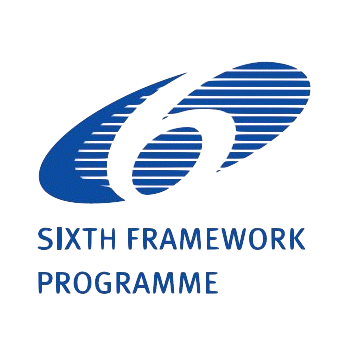- European Plastics Recyclers - Belgium,
- Cicloplast S.A. - Spain,
- Panhellenic Confederation of Unions of Agricultural Cooperatives - Greece,
- Federazione Regionale Agricoltori di Puglia - Italy,
- Federation Regionale des Cooperatives d'Utilisation du Materiel Agricole de Midi-Pyrenees - France,
- Panagrotikos Syndesmos Cyprus - Cyprus,
- Alfa Edile S.R.L. - Italy,
- Industria Sevillana Reciclaje de Plasticos S.L. - Spain,
- P.A.T.I. S.P.A. - Italy,
- Suomen Uusiomuovi Oy - Finland,
- Polyeco S.A. Management and Valorization of Waste Industry - Greece,
- European Plastics Converters (EuPC) AISBL - Belgium,
- Centre National du Machinisme Agricole, du Genie Rural, des Eaux et des Forets - France,
- Fundacion Gaiker - Spain,
- Universita degli Studi di Bari - Italy,
- University of Stuttgart - Germany,
- Titan Cement Company SA - Greece,
- Federation Languedocienne de la Cooperation Fruits et Legumes - France
The extensive and expanding use of plastic in agriculture results in increased plastic waste in rural areas. The majority of this waste is left on the field or burnt uncontrollably releasing harmful substances. Although it is mandatory, only a small percentage of this plastic waste is collected recycled or used for energy recover due to the high collection cost and the low value of the waste. If the plastic waste meets certain specs by being collected properly, and is tested (that it meets the required specs) and labelled accordingly it can be transformed into a valuable commodity. The scope of this prenormative research work is to develop the collection, sampling and labelling procedures and the methodologies to valorise the agricultural plastic waste streams by facilitating their routing to the best disposal alternative (most environmental friendly and economically valuable). The labelling in addition to facilitating and improving the efficiency of the disposal alternatives will allow transport of labelled agricultural plastic waste across boundaries and valuation of the waste streams in an open European market simultaneously preserving valuable material resources and protecting the environment. The requirements of waste streams for each disposal alternative will be developed as well as the methodology (use and collection) to reach these requirements. This will provide the farmer with clean guideline on how to collect and sort the waste to reach the specs. Waste sampling and labelling methodology will be developed and field tested. The resulting labelled waste will allow the collection company to optimise the collection and transportation operation and maximize its profit and the disposal facility to receive a raw material guaranteed to meet the specs. The marketability of the product "waste" resulting from the standardization will provide strong incentives to achieve 100% waste collection rates resulting in a cleaner environment.
Want to analyze based on this project via our analysis tool? Analyze this project
Knowledge Gaps
Reference materials and standardization
Degradation
Environmental fate and behavior of plastic
Environmental exposure
Environmental effects and ecotoxicity





